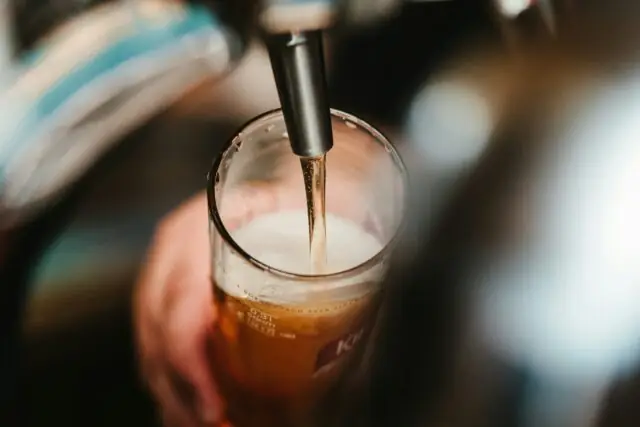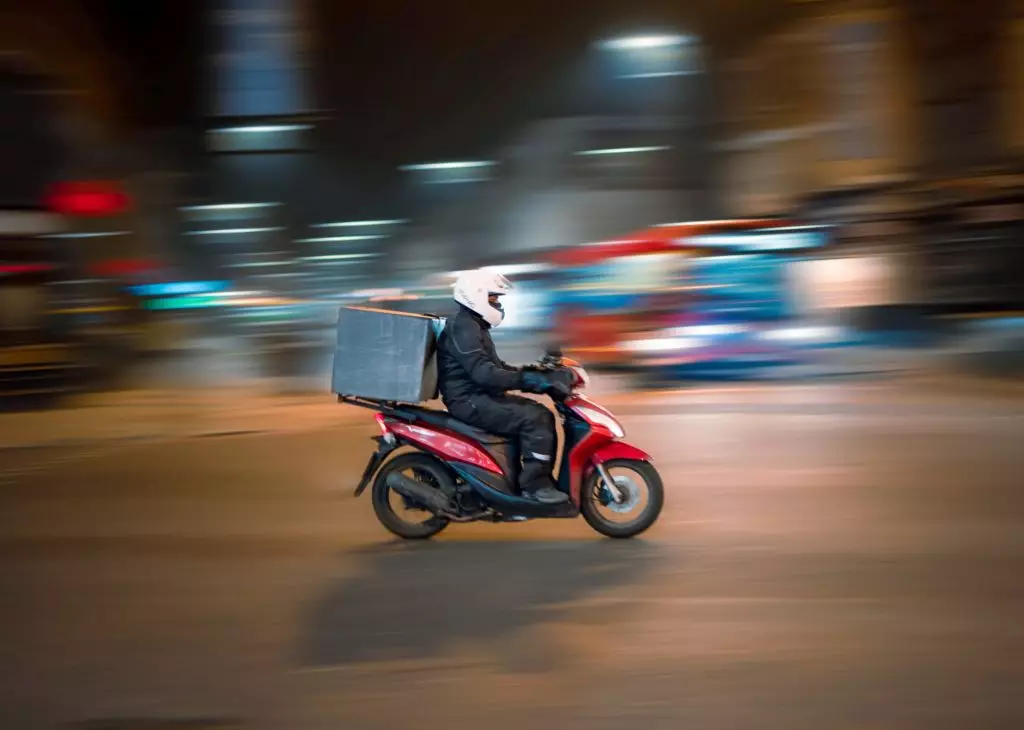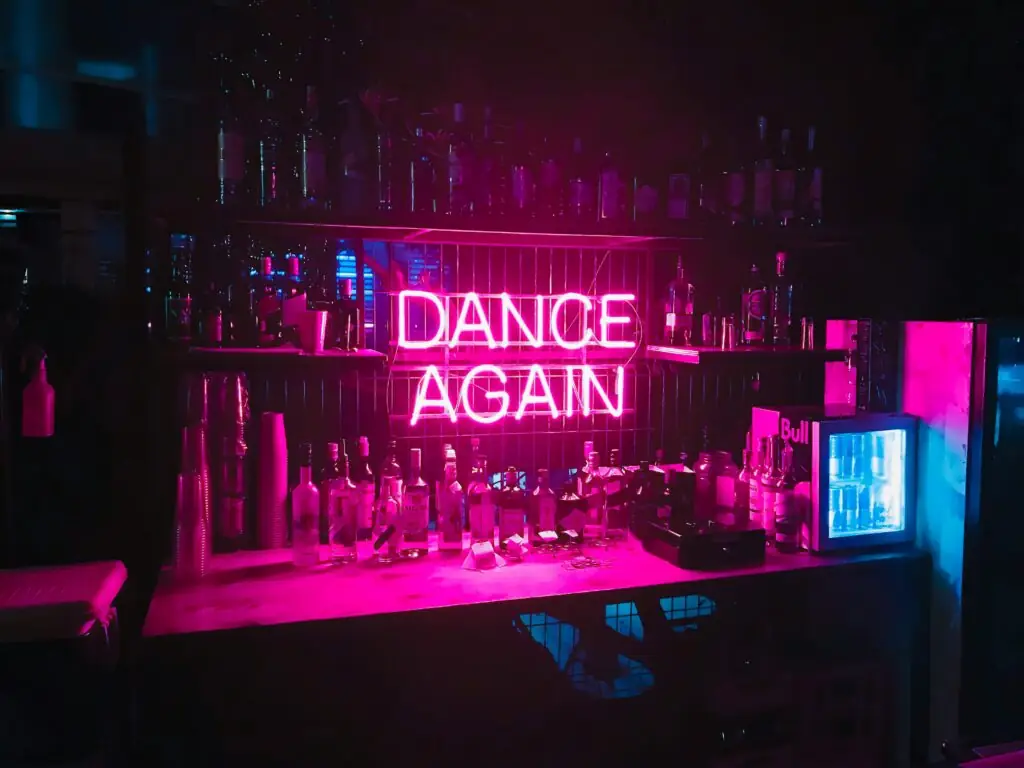Legal services
About alcohol licensing
There is actually no such thing as alcohol licensing! The below explains this in more detail.

What is alcohol licensing?
Alcohol licensing is a term commonly used as a bit of a ‘catch all’ which describes the different legal authorisations that you need for running a business which sells alcohol.
So as you can imagine, alcohol licensing covers a wide and complicated area of work.
To help people understand what’s involved, here is a brief summary of the most popular legal areas classed as alcohol licensing.
Alcohol licence
Premises licence applications
If you are looking at opening a bar, pub, restaurant or any other premises where you wish to sell alcohol, then you will need a premises licence or a club premises certificate.
If you need to sell alcohol on a temporary basis, such as for a garden party, your best option might be to obtain a temporary event notice. These can also be used if you already have a licensed premises, but you want to carry out something that is not allowed with your existing premises licence.
Premises licences are not just obtained for physical buildings. You can also obtain a premises licence for buildings that are under construction, plus more unusual locations such as: street food stall, tents, marquees and even boats!
Another sector that uses premises licences is home technology based delivery, a channel which has grown in recent years; particularly since the COVID-19 pandemic.
Our solicitors have helped many delivery operators understand how licensing laws impact their delivery businesses. And helped them obtain the right licences for their particular needs. For example, we have worked with online supermarket Weezy to help them obtain premises licences across London.
And we have also obtained premises licences and late night refreshment licences for Deliveroo and Cote at Home, two incredibly successful delivery brands.
For more information on premises licences, including how you obtain one, who’s involved, how long it takes and why you might need a variation, click here.

Alcohol licence
Pavement licences for the ‘alfresco experience’
Another licence falling under the phrase alcohol licensing is a pavement licence. Obtained from your local council, these licences allow you to use part of the public highway to place tables and chairs for your customers.
These licences have always been important for operators, as having the option of using outside areas and offering ‘alfresco’ dining can be very profitable.
After all, who doesn’t like eating and drinking in the sun!
If you are thinking about using your outside areas read our pavement licence page to see what you have to do.
Alcohol licence
Licensing help for appeals and reviews
Once you have your premises licence, you must run your operation in accordance with the law. And the law surrounding alcohol licensing falls under the Licensing Objectives. These being the:
- Prevention of crime and disorder
- Prevention of public nuisance
- Protection of children from harm, and
- Public safety
If you are running a licensed premises in Scotland, you also have to adhere to a 5th objective, this being: protecting and improving public health.
You should know that, at any given time, your local council can be asked to review your premises licence. This happens when local residents, businesses, an authority such as the police or indeed your licensing authority itself, suspect that you are undermining one or more of the licensing objectives.
Reviews are complicated and in the worst case scenario, can lead to your licence being revoked.
If you are facing a review you should contact a licensing solicitor as soon as possible.
You can read further information on how we help clients with licensing reviews and appeals here.

Alcohol licence
Alcohol licensing strategy
Another area included within the alcohol licensing world is strategic advice. This is the legal work that needs carrying out for mergers, acquisitions, administrations, insolvencies and corporate-restructures. For example:
- Mergers and acquisitions: We manage due diligence projects where we check that all of the premises licences that are subject to the deal are fit for purpose now and for the future. This often includes contacting council licensing teams, police and environmental health authorities to ensure there are no enforcement proceedings pending.
- CVAs, administrations and general insolvency: Once an operator goes into administration, CVA or other form of insolvency, their premises licences lapse. This means the operator is unable to sell alcohol in any premises held under their name. We give advice on how and when to transfer licences to safeguard against this happening and to ensure there is no business interruption.
As mentioned as the start of the page, this is just the tip-of-the-iceberg when it comes to what is involved in alcohol licensing. It is a complicated area of law that can have huge consequences for operators if the wrong decisions are made at the wrong time.
If you have any questions about alcohol licensing, contact one of our licensing solicitors.
They will be more than happy to give you some initial advice on the best options you have, and are certain to have come across – and solved – whatever licensing legal problem you might be facing.